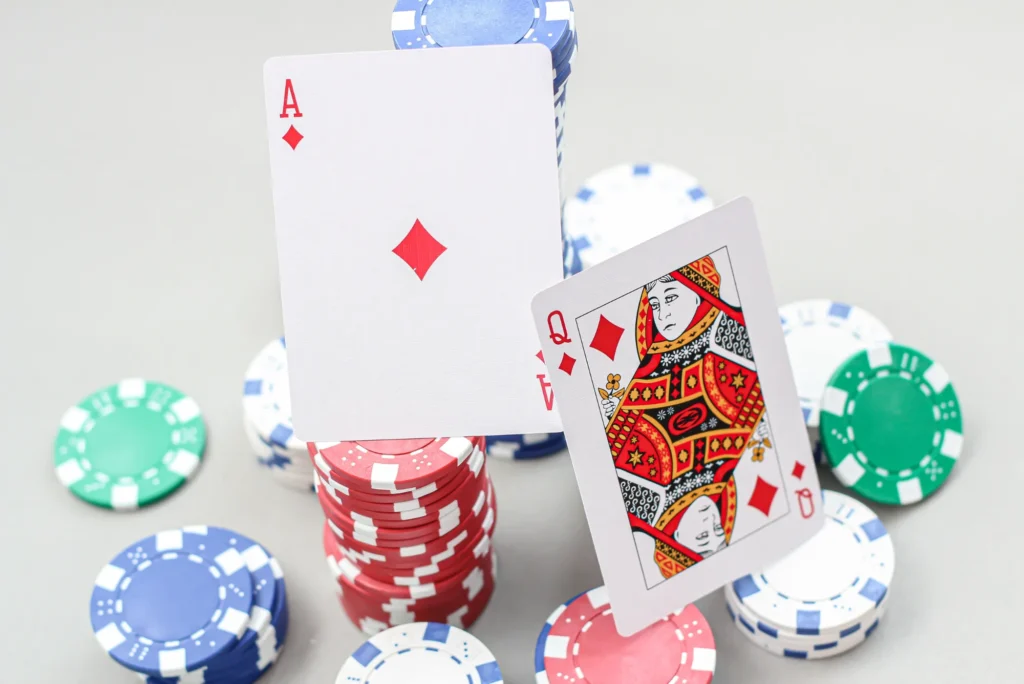Why do jackpot games give you bonus rounds when you’re on a losing streak? It might feel like a kind gesture, but it’s a calculated design choice rooted in player psychology. Game developers and operators understand that losses can push players to walk away, so they insert features that make the experience feel rewarding even when the balance is dropping. A bonus round acts as a psychological cushion. It interrupts the monotony of losing spins and replaces frustration with anticipation. That shift can make you keep playing longer than you planned. But why does anticipation have so much power? Because the human brain responds strongly to uncertainty.
If you’ve ever sat through a string of losing spins and then suddenly triggered a bonus game, you know the rush that comes before it starts. You think, “This is my chance to win it back.” Even if the bonus round doesn’t deliver a big payout, the experience often feels like progress. Do you notice how these rounds tend to come just often enough to keep you from quitting? That’s no accident. Developers use variable-ratio reinforcement—an unpredictable reward schedule—to hook attention. When you don’t know when the next reward is coming, you’re more likely to keep going.
Some players believe bonus rounds improve their overall odds. In reality, the return-to-player rate (RTP) already includes those features. The bonuses aren’t extra—they’re part of the math from the start. So why offer them during losses instead of wins? Because their main job is to break the negative emotional pattern of losing and replace it with something exciting. This can reset your mood, making it easier to justify more spins. The process can even trick you into feeling like you’re getting closer to a jackpot, when in fact nothing about the game’s odds has changed.
no KYC crypto casinos have studied how players behave when they hit near-misses or bonus triggers after losses. The pattern is clear: most players increase their session length. It’s the same principle behind “losses disguised as wins,” where the game celebrates a small payout that’s less than your bet. Flashing lights, sound effects, and animations create a win-like feeling even when you’ve lost money. This combination of sensory cues and intermittent rewards is a cornerstone of retention design.
If you’ve tried playing at no KYC crypto casinos not on GamStop, you might notice they lean on these tactics heavily. Without the UK’s self-exclusion rules, these operators can be more aggressive in offering promotions, extra spins, and ongoing rewards that keep you engaged. They often include more frequent bonus rounds, higher volatility games, and larger-looking jackpots. The result? Even when you’re losing, the game keeps offering micro-rewards that feel like steps toward a win. That’s powerful because your brain tends to value the possibility of recovering losses more than securing a small win.
But do these bonus rounds actually help you recover? Statistically, no. The house edge remains the same, and the extra features are already factored into the payout structure. Yet the illusion of control—the feeling that you can influence the outcome by making the right choices in a bonus game—keeps players engaged. Choosing treasure chests, spinning special wheels, or unlocking mini-games gives you the sense of agency, even though the outcome is still determined by the game’s programming.
Another reason these rounds work is timing. Developers space them in a way that maximizes emotional impact. Too frequent, and they lose novelty; too rare, and players may quit. The sweet spot is often after a streak of losses, when players are most at risk of stopping. By giving you a burst of excitement right then, the game shifts you from a quitting mindset back into an engaged state. That’s why you often remember the bonus rounds more vividly than the base game spins—they’re designed to be the emotional peaks of the session.
Consider the sound design too. Bonus rounds often have distinct music, faster tempos, and more elaborate animations than regular spins. These elements signal to your brain that something important is happening, making you pay more attention and feel more invested. The anticipation during the lead-up to the bonus and the suspense built into its stages keep you hooked until the reveal. Even if the payout disappoints, the emotional high lingers just long enough to keep you spinning afterward.
Have you ever noticed how some games chain bonus features together? A bonus round might award free spins, which then trigger another mini-feature. This layering creates a perception of momentum. Psychologically, momentum feels like progress, and progress is addictive—even if the numbers on your balance sheet say otherwise. It’s part of why players remember sessions as “lucky” even when they end up down. The mind focuses on the exciting events, not the cold math.
In casinos not on GamStop, you may also see loyalty programs linked to bonus rounds. Triggering enough in-game bonuses could earn you extra rewards like cashback or free spins outside the game itself. This blurs the line between game mechanics and marketing incentives, creating a constant cycle of engagement. You’re not just chasing in-game wins—you’re also working toward external perks. This multiplies the psychological pull and makes quitting harder.
There’s also the element of social proof. Many slot interfaces now display when other players trigger jackpots or big wins, sometimes even when they hit bonus rounds. Seeing others succeed—especially during a losing streak—can make you believe your turn is coming soon. The randomness of the system means it’s just as likely you’ll continue losing, but your brain interprets those notifications as signs of opportunity.
So, why do these tactics matter? Because they show that bonus rounds during losses aren’t simply a fun extra—they’re a deliberate retention tool. Every sound, animation, and timing decision is tested to maximize the likelihood that you keep playing. For players who want to gamble casually, understanding this can help set boundaries. For operators, it’s a way to extend playtime without changing the underlying odds.
Some might argue that bonus rounds are harmless entertainment, and in isolation, they can be. The problem arises when players mistake them for genuine opportunities to beat the game. That’s where self-awareness matters. Do you chase the next bonus because it’s enjoyable, or because you think it will save a bad session? If it’s the latter, you’re falling into a cognitive trap the industry knows well.
Casinos not on GamStop can amplify this trap by combining in-game bonuses with aggressive promotional offers. Without the regulatory pacing found in UK-licensed sites, they can offer faster play speeds, bigger jackpots, and higher volatility games that trigger intense bonus rounds. The experience feels richer, but it also increases the risk of longer, more costly sessions. Recognising that risk is key to keeping play under control.
The core truth is that bonus rounds during losses work because they change how you feel, not how the game’s odds work. They’re a carefully engineered part of the entertainment loop, built to keep you spinning. Understanding that design can help you decide whether the excitement is worth the potential cost. When you know the purpose behind the feature, you can enjoy it for what it is—a moment of entertainment—without letting it dictate your decisions.
So next time you hit a bonus after a losing streak, ask yourself: is this my signal to keep going, or my reminder that the game is built to make me want that? The answer will tell you whether you’re in control, or the game is.











